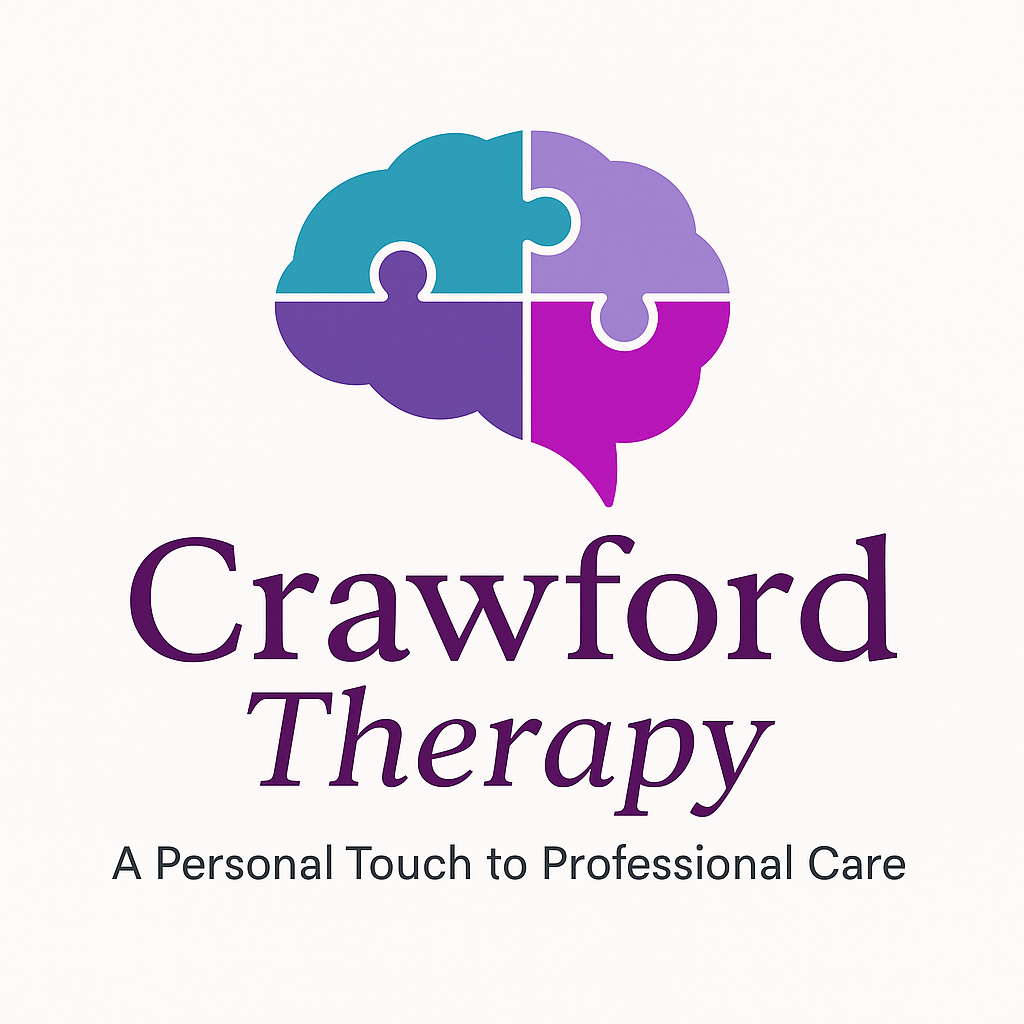What is PTSD?
Post-Traumatic Stress Disorder (PTSD) is a mental health condition triggered by experiencing or witnessing a traumatic event. Symptoms include intrusive memories, nightmares, flashbacks, severe anxiety, and avoidance of reminders of the trauma.
How it Negatively Affects Your Life:
PTSD can profoundly impact daily functioning, causing significant emotional and physical distress. Individuals may experience hypervigilance, difficulty concentrating, and emotional numbness. PTSD often leads to social withdrawal, relationship problems, and difficulties at work or school. The condition increases the risk of depression, substance abuse, and suicidal thoughts.
How Treatment Helps:
Treatment for PTSD includes trauma-focused therapies such as cognitive-behavioral therapy (CBT), eye movement desensitization and reprocessing (EMDR), and prolonged exposure therapy. These therapies help individuals process and integrate traumatic memories, reduce symptoms, and develop healthier coping strategies. Medication may also be used to manage anxiety and depression. Support groups and individual counseling provide a safe space to share experiences and receive support, promoting healing and recovery.
What Causes PTSD?
PTSD is caused by exposure to a traumatic event that overwhelms the nervous system. This could be a one-time incident like an assault, car crash, or medical emergency, or ongoing trauma such as childhood abuse, domestic violence, or military combat. Everyone responds to trauma differently. Factors like genetics, previous mental health, age, and support systems all influence whether PTSD develops. Trauma doesn’t need to be life-threatening to be traumatic; what matters is how it affects the individual’s sense of safety and control.
Why Professional Help Makes a Difference
PTSD can become deeply ingrained without intervention. Professional therapy provides a safe environment to understand and reprocess trauma. Therapists use proven methods to reduce symptoms, build emotional resilience, and help people reconnect with themselves and others. Therapy is not about reliving the trauma but about healing in ways that feel manageable and empowering.
Therapeutic Approaches That Help
Our therapists use trauma-informed care rooted in compassion and safety. We offer Trauma Therapy tailored to your unique experiences. Eye Movement Desensitization and Reprocessing (EMDR) is a powerful tool to help reprocess traumatic memories. Cognitive Behavioural Therapy (CBT) helps identify and challenge unhelpful thoughts. Somatic and Body-Based Therapies support healing through nervous system regulation. We may also integrate mindfulness and self-compassion practices to rebuild internal safety and self-trust.
Who is Affected by PTSD?
PTSD can affect anyone, regardless of age, gender, or background. Survivors of physical or sexual assault, veterans, refugees, first responders, and people who have endured neglect or emotional abuse may all be vulnerable. Even those not directly involved in a traumatic event—such as witnesses or loved ones of someone harmed—can experience PTSD. Children, teens, and adults can all show signs, though symptoms may look different depending on age and life stage.
What Recovery Can Look Like
Recovery from PTSD is possible, and it doesn’t mean forgetting what happened—it means no longer feeling trapped by it. Healing may involve learning to tolerate triggers, reducing anxiety and hypervigilance, rebuilding trust, and reconnecting with others. Over time, many people rediscover joy, strength, and meaning. Recovery is not linear, and setbacks are normal, but therapy can guide you through it with patience and support.
Frequently Asked Questions
- How do I know if I have PTSD? If symptoms persist for over a month after a traumatic event and affect daily life, it’s worth speaking to a professional.
- Is it too late to seek help for something that happened years ago? No. Therapy can help whether the trauma was recent or decades ago.
- Will I have to talk about my trauma in detail? Only if and when you are ready. Many approaches allow healing without full retelling.
Realistic Case Example
After surviving a violent assault, Michael, a 32-year-old restaurant manager, began experiencing nightmares, panic attacks, and an overwhelming fear of leaving his apartment. He avoided public spaces, lost touch with friends, and struggled to sleep. After several months, Michael sought help. Through therapy, he explored the roots of his fear and began EMDR sessions to reprocess traumatic memories. His therapist also taught grounding techniques and helped him gradually reintroduce safe social interactions. Over time, Michael began sleeping better, returned to part-time work, and reconnected with close friends. Therapy gave him a sense of control and hope he thought he had lost forever.
Related Concerns
Next Steps
You do not need a diagnosis to start your healing journey. If trauma is affecting your daily life, we’re here to help with empathy, skill, and care. Take the first step today.
References
- American Psychiatric Association. (2023). Post-Traumatic Stress Disorder (PTSD). psychiatry.org
- National Centre for PTSD (U.S. Department of Veterans Affairs). ptsd.va.gov
- CAMH. (2022). Trauma and PTSD. camh.ca
